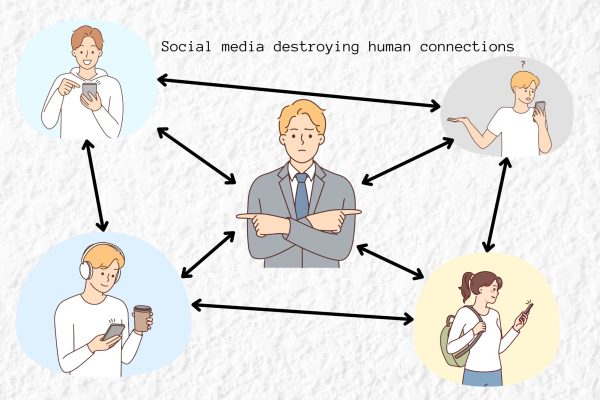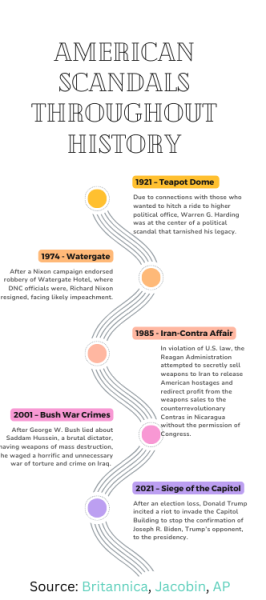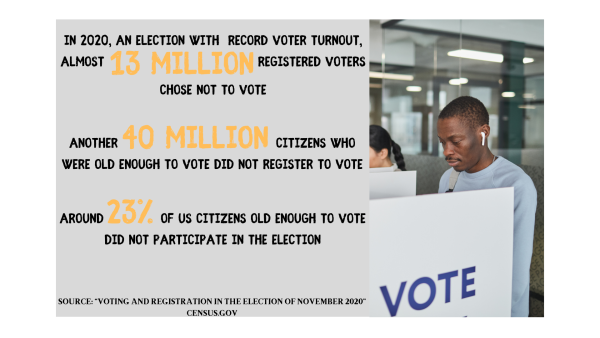Julian Assange: Legal Punishment
Julian Assange at a conference (New Media Days) in Copenhagen (2009). Image credits to commons.wikimedia.org
February 2, 2022
*The opinions expressed within the content are solely the author’s and do not reflect the opinions and beliefs of the website or its affiliates.*
On Dec. 10, 2021, a U.K. court ruled that Australian journalist, Julian Assange, could be extradited to the U.S. to face espionage charges originating from his 2010 publication of confidential files provided by Chelsea Manning, a former United States Army intelligence analyst. In November of 2010, Julian Assange released more than 250,000 U.S. diplomatic cables dated between December 1966 and February 2010 on his WikiLeaks platform. These files contain documents regarding military action and strategies, unredacted U.S. diplomatic cables, and other confidential information. The U.S. government launched a criminal investigation into the leaks, causing Manning to be convicted by court martial in July 2013 of violations of the Espionage Act and other offenses. An arrest warrant for Assange was also issued in August 2010 for two separate sexual assault allegations in Sweden. After seeking refuge in the Ecuadorian embassy, Sweden, and the U.K., Assange was ultimately arrested on behalf of the U.S., after a U.K. court approved the extradition request that would send Assange to the U.S. to face legal proceedings.
Julian Assange should face severe legal consequences following the exposure of confidential information. Crucially, leaking classified information could harm chances of resolution in foreign conflicts, as this could set a precedent for future threats to the integrity and security of U.S. foreign policy. In terms of the US. continuing a leading role in foreign affairs, leaks are detrimental when used to inform opposing parties, such as terrorist organizations or authoritarian regimes, of American strategy. WikiLeaks published a trove of classified documents about U.S. military action, releasing more than 90,000 documents related to Afghanistan and more than 400,000 documents from the war in Iraq.
These documents included information about the hunt for Al-Qaeda leader Osama bin Laden and Iran’s backing of militants in Iraq. Evidently, these leaks revealed confidential information that may be harmful in the process of expelling terrorist organizations. Consequently, leaks deter individuals from exposing valuable information and will only serve to promote a greater environment of secrecy. According to P.J. Crowley, former State Department spokesman, those most at risk as a result of the WikiLeaks exposure were civilians in Afghanistan and Iraq who were secretly passing information to the U.S. military. “A number of people went into hiding, a number of people had to move, particularly those civilians in war zones who had told U.S. soldiers about movements of the Taliban and Al-Qaeda. No doubt some of those people were harmed when their identities were compromised,” he said in an interview with NPR.
Moreover, the disclosure revealed crucial information about foriegn conflicts, thus dispelling years of progress that U.S. diplomats made and broadcasting key U.S. strategies to the general public. According to Scott Anderson, a former State Department lawyer who served in Iraq in 2012 and 2013, countries involved in foriegn conflicts have opposition leaders and human rights activists who were quietly in contact with U.S. diplomats. These private discussions suddenly became public with the WikiLeaks dumps. “That can really chill the ability of those American personnel to build those sorts of relationships and have frank conversations with their contacts.” In addition, these releases contain information that is crucial for U.S. strategy. In one of WikiLeaks’ first significant information dumps, a 238-page Army manual from 2003 on “standard operating procedures” was published, evidently revealing crucial information about national security and informing enemies of strategies that the U.S. develops and employs, which is a sufficient cause for serious retribution.
Finally, punishing Julian Assange is crucial for setting a precedent of punishment for crimes that cannot be allowed to repeat unless the United States is willing to suffer unmitigated information crises. If Julian Assange is not punished severely, other journalists or entities may continue to leak confidential material. Oftentimes, journalists feel a sense of worth through publishing content that informs the common person, fulfilling the view of a democracy. In fact, supporters of Assange argue that it is necessary to maintain the walls of American democracy by keeping the government accountable for tyrannical actions, policies, etc. However, when national security is breached in a manner that may threaten the lives of allied individuals at home and abroad, a threshold is surpassed in which severe punishment must take place.
Overall, the United States government should punish Assange accordingly for his actions to prevent interventions in foreign affairs and to set a precedent of retribution for future incidents. However, this article is by no means an attack on the publication of certain issues that may be positive in creating an educated public. With journalism being an avid part of the culture at UHS, it’s crucial for writers to understand that the purpose of journalism is to educate, but to also recognize the gray moral boundary of what should and should not be published. Journalism is far more nuanced than simply “seeking the truth” – it is a delicate balancing act between seeking absolute truth and knowing when the truth may do more harm than good, especially when indicting allied entities or bodies for simply trying to maintain security for the sake of its constituents. Individuals should think about the consequences of their actions beyond idealisms of truth and realize where to draw the line between transparency and security.














